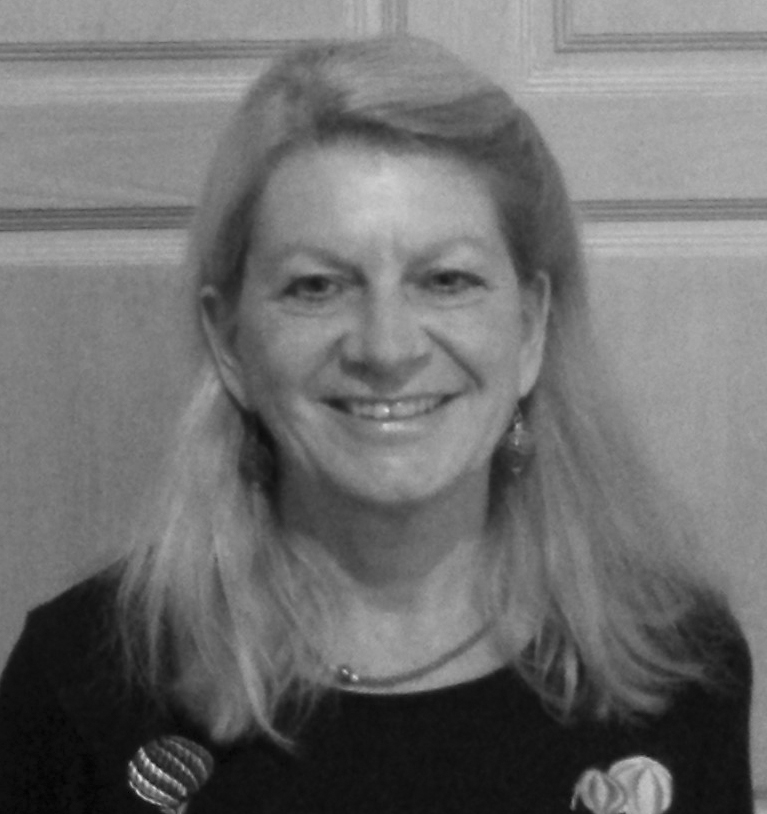31 March 2022
High Water Mark?
Hopes raised – briefly
by Linda Goetz

For a couple of days last week my hopes were raised. Firstly the Consistory Court of the Diocese of Ely ruled that the Grinling Gibbons memorial to Tobias Rustat should remain in the chapel of Jesus College – much to the shock and annoyance of campaigners and of Sonita Alleyne, the Master of the College, who brought the petition, and who declared the decision ‘astonishing’ and ‘offensive’. The Church Court found, however, that Rustat’s investments in the slave-trading Royal Adventurers brought him no financial returns at all, and that his investments in the Royal African Company did not bring him any money until 20 years after he had made his gifts to the college, so that effectively, the complaints were based on a ‘false narrative’.
Sonita Alleyne reacted angrily and responded “This is people not in the community now making judgments over what the community is about now and what young people are about now. We can’t believe this has been the outcome.” Frankly, she misses the point. It was the choice of the college to put the chapel under the jurisdiction of the church court (because it is a Grade 1 listed Anglican place of worship) and their choice to petition that court for the removal of the memorial. Was it because the college campaigners were so certain that right was on their side that this judgement came as such a shock? David Hodge, QC, Deputy Chancellor of the Diocese of Ely, the judge in the case, said in his ruling, “I am not satisfied that the removal of the memorial is necessary to enable the Chapel to play its proper role in providing a credible Christian ministry and witness to the College community, or for it to act as a focus for secular activities and events in the wider life of the College.” He did not deny or ignore the horrors of slavery itself.
David Abulafia, a Cambridge professor of history and fellow at Gonville and Cauis College, in an article in the Telegraph considered the attitude of activists to be arrogant and felt that they had ‘closed their ears to intelligent debate about how we commemorate notable people from the past whose social and political assumptions were very different from our own’. He wrote also that ‘some quiet victories have been obtained in recent months by those who oppose the iconoclasm championed in universities and museums….But it is the Rustat judgment which provides the firmest indication yet that the tide has finally turned’. Is he right? I and many others would love to think so, but I am not so sure.
The second item of news which raised some brief hope that the days of ‘wokery’ and iconoclasm may be numbered was the appointment last week of Lord Grade to the position of chairman of Ofcom. Lord Grade, whose name is not unknown to many members of the public, has been a prominent figure in broadcasting and has held positions at the BBC, ITV and Channel 4. He has been a critic of the BBC’s ‘aggressive, gleeful and disrespectful’ political coverage and has said in the past that he respects people’s points of view, but just ‘not the tone in which they do it, the woke brigade’. Many, many people feel the same way. They are fed up with the intolerance, the ‘cancelling’ of those who do. Is this really changing?
The war in Ukraine raised a glimmer of hope that the awful aggression by Putin and the intolerable suffering imposed on the Ukrainian people might lead those in the West to some revision, to a review of priorities, a recurrence of reason and a return to some sort of reasonable perspective on a series of ideologies which appear to have been imposed on the majority by the political, cultural and academic elite and a minority of disaffected activists. The fact that we even need something like The Free Speech Union is, if you think about it even briefly, shocking in itself. At a time when we look at Russia, appalled by the treatment of Alexei Navalny and the fact that thousands of young middle-class Russians have fled their country rather than stay to be dictated to by Putin’s authoritarian government, is free speech in this country in jeopardy too?
I have written before (see Shaw Sheet Mixed Messages and University Issues), about the Higher Education (Freedom of Speech) Bill introduced by the government last year and currently on its report stage in the Commons. This is designed to push back against many of the more obvious erosions of free speech on higher education campuses, but what about wider society? The third thing which raised my hopes was an interview with the Daily Mail last weekend, given by Deputy Prime Minister, Dominic Raab, in which he suggested that democratic debate is ‘being whittled away by wokery’ and that the Government’s proposed British Bill of Rights, which will replace the Human Rights Act, will go a long way to protect free speech.
Given the Mixed Messages from this government, we might just have to keep our fingers crossed for this one and hope that it doesn’t suffer from the ‘law of unintended consequences’ and that those in government can actually agree exactly what they are trying to achieve. Not everyone of course is convinced there is even a problem. A Moslem teacher, Nadeine Asbali writing in The Independent took the view that ‘Freedom of speech is only heralded as a paramount human right by those who aren’t on the receiving end of the kind of sentiment that makes you unsafe’. She took the view that ‘if the government was genuine about preserving freedom of speech, then they would not be upholding its importance with one hand and taking it away with the other’. She does have a point; the problem appears to be allowing different opinions and points of view without riding roughshod over the diametrically opposing views of others – and learning to listen. The writer concluded, ‘New rules outlined at the start of this year ban teachers from “politicising” issues such as the British Empire and the Black Lives Matter movement. Perhaps innocuous on the surface – as teachers, we have always had to be impartial in the classroom – but how do we teach issues such as the mass genocide and invasion of half the world in a balanced way? How do we portray both sides to the humanisation of black people? And why should we have to, if free speech is so supreme?’
The answer to this question is simple and takes us back to Professor Abufalia’s point about ‘closed ears to intelligent debate’. ‘Both sides’ should and must be taught, as should understanding and acceptance of a past world which was governed by different rules and morals from our own. Free speech cannot mean the indoctrination by teachers or academics of those in their charge, nor the silencing of the majority by a minority. Logically, where on earth do you stop with this? How far back should one consider going? Perhaps a better understanding of world history is what is required?
When we have reached the point where the BBC is unable to say that ‘1 in 10 women’ suffer from endometriosis and gives the erroneous statistic that ‘1 in 10 people’ suffer from it (because it is trying to placate the trans lobby) and neither the leader of the opposition, nor two leading female members of his Shadow Cabinet dare to define ‘women’ (for the same reason); when the author of hit comedy series Father Ted, Graham Lineham, breaks down on television claiming he has been ‘cancelled’ for defending biological sex and that his career has been ruined; when Glasgow City Council is threatening to remove a statue of the explorer and abolitionist David Livingstone for his extremely tenuous links to slavery (he worked as a child in a cotton mill in which the cotton was ‘likely’ to have been ‘sourced from the West Indies’ and so profited from ‘high wages’ to fund his education); when the NHS asks all people about to have a scan whether they might be pregnant; when lecturers at Bath Spa University give students studying English trigger warnings, advising that works by Wordsworth and Keats might ‘distress’ or disturb’ owing to their ‘sexist’ and ‘misogynist’ content, it is surely clear that we have completely lost the plot and any idea of a moral compass?
Do I believe that we have reached a ‘high water mark’ and that the tide is turning? Sadly no, but I’d love to be wrong.
tile photo: Karen Cann on Unsplash


